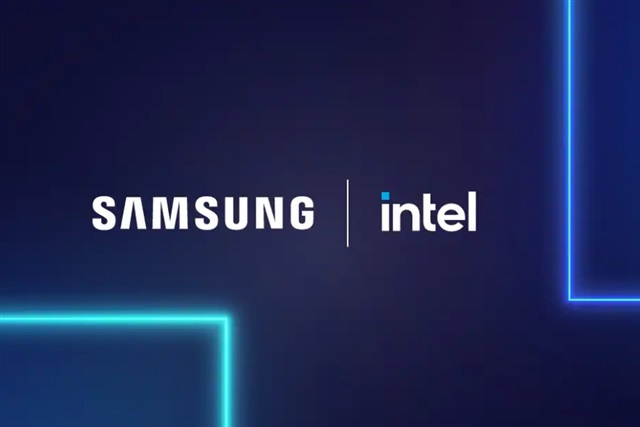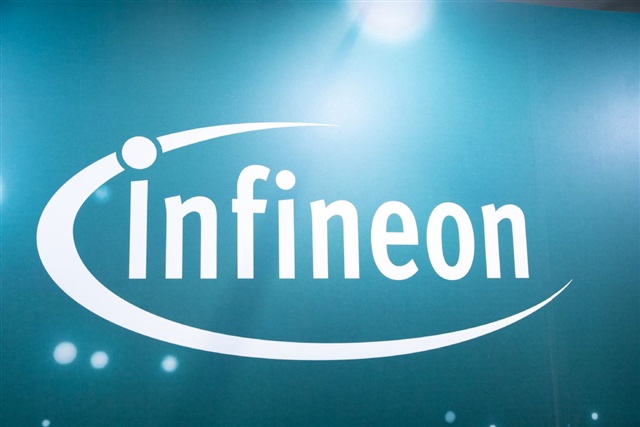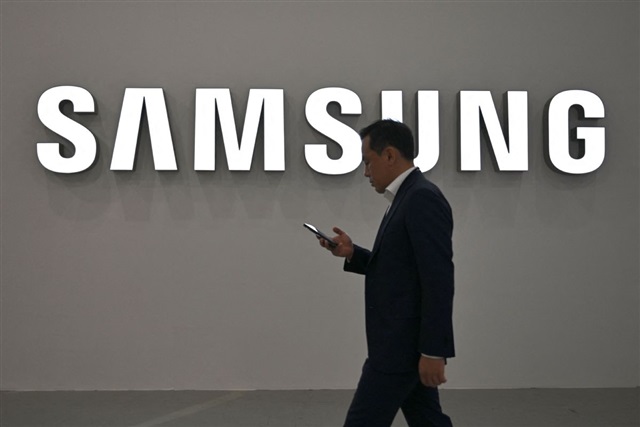Texas Instruments and Delta Electronics are to collaborate on the development of on-board chargers and other electric vehicle power electronics.
TI and Delta automotive power lab. Left to right: James Tang, Delta Electronics, and Amichai Ron, Texas Instruments
As part of this, they have set up a joint laboratory in Pingzhen, Taiwan.
“Having been in Taiwan for 55 years, coupled with decades of experience in automotive power management, TI has built a strong connection with the local automotive industry,” said TI’s president of Taiwan, Japan, Korea and South Asia. “Establishing this collaboration with Delta is just one more way TI is driving vehicle electrification forward.”
“Delta has been developing automotive power products since 2008,” said Delta head of electric vehicle (EV) business James Tang. “Through the establishment of this joint laboratory with TI, Delta intends to leverage TI’s experience and technology in digital control and GaN to enhance the power density and performance of our EV power systems.”
Three collaboration phases are planned:
Development of a 11kW on-board charger, using TI’s C2000 MCUs and its active EMI (electromagnetic interference) filtering ICs. Up to 95% power conversion efficiency is one of the product targets.
Achieve ASIL D (automotive safety integrity level D) readiness using C2000 MCUs. “Highly integrated automotive isolated gate drivers will further enhance the power density of onboard chargers,” added TI.
Develop automotive power products using TI GaN components.
Photo: Left to right: James Tang, Delta Electronics, Amichai Ron, Texas Instruments
Stay up to date with the latest in industry offers by subscribing us. Our newsletter is your key to receiving expert tips.

Samsung is reportedly evaluating a potential European semiconductor expansion alongside its South Korea and US manufacturing base, as the region tightens local production requirements and Germany seek

Given frequent price increases across precious metals, wafer foundry services, and packaging and testing, Infineon's announcement of price increases is very telling for the market. The company wil

Nvidia has recently signaled to Samsung Electronics that it hopes to secure early deliveries of sixth-generation high-bandwidth memory, known as HBM4. At the same time, as memory makers devote an incr